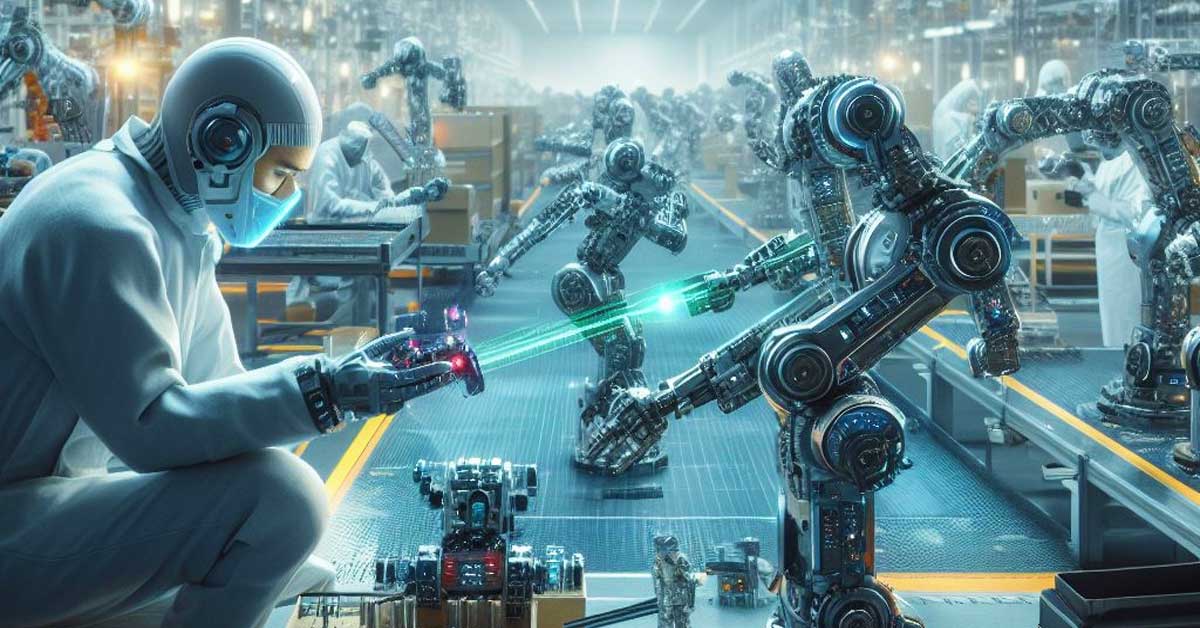Artificial intelligence sounds fancy, but what does it really mean for us? Well, it's all about machines doing smart stuff like thinking, learning, and predicting.
AI is a game-changer, and there is no dought about it. This new AI Boom promises new jobs and makes workers more productive. But it's not all rainbows and unicorns. There's a flip side: automation systems. These clever systems have been around since 2000, and they're like the AI bulldozers, phasing out jobs. They've already snatched away 1.7 million manufacturing jobs. Ouch.
Is AI Taking Over Our Jobs? Well, the answer is more complicated than yes or no. Let me explain this to you.
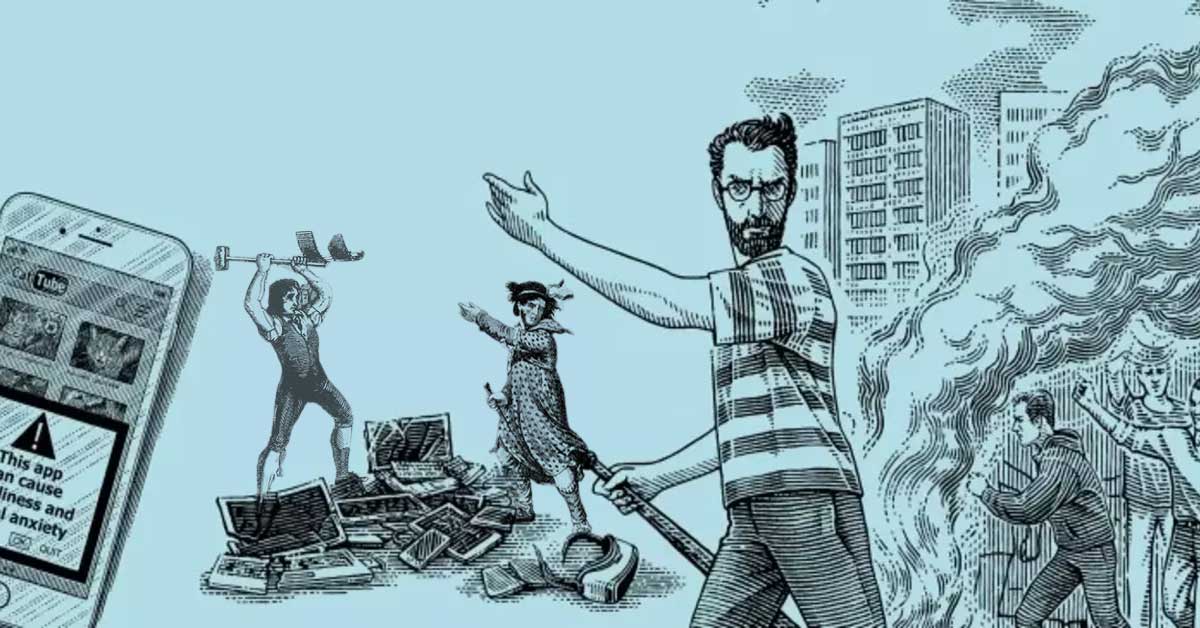
The Rise of the Machines -Artificial intelligence
You've heard about robots, right? Well, these aren't the fictional ones from sci-fi movies. We're talking about real-world robots that are busy bees in factories all around the globe. These machines are doing tasks that humans used to handle.
It's not all sunshine and rainbows, though. Let's crunch some numbers. Jobs Lost to Automation is a phrase that's causing some frowns. Since 2000, the workforce has seen a big shake-up, with a whopping 1.7 million manufacturing jobs going down the automation chute.
Now, here's something eye-popping - industrial robots. Currently, there are 2.25 million of them whirring and buzzing around the world. But wait, there's more! By 2030, this number is expected to soar to a staggering 20 million. That's a tenfold increase! These robots are getting more action than ever.
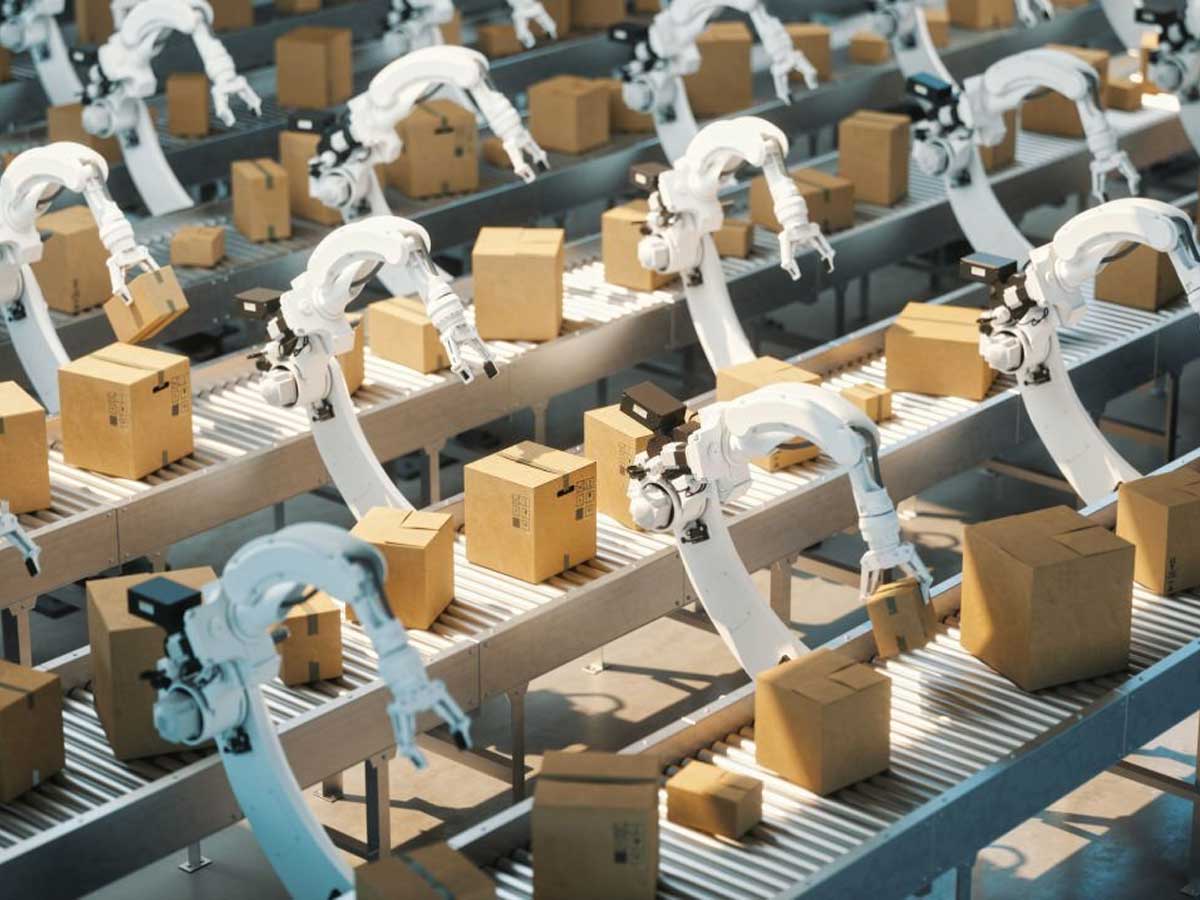
Okay, here's a nugget of history for you. Back in the 1950s, the 1950 US Census revealed something remarkable. Only one occupation, the "elevator operator," had become extinct due to automation.
Fast forward to today, and guess what? Young American Workers, fresh out of school, are losing sleep over job security. As many as 37% are fretting about the possibility of their jobs being gobbled up by machines.
Artificial Intelligence - Job Loss vs. Job Creation
In this corner, we have a rather grim projection. By 2030, up to 20 million manufacturing jobs could vanish into thin air. It's like an entire workforce disappearing. The march of automation is relentless, and it's got its sights set on factories and manufacturing plants.
But that's not all. Zooming globally, we're looking at 375 million jobs that might be on the chopping block by 2030.
Jobs demanding a Bachelor's Degree aren't entirely safe from automation either. They're looking at an average automation potential of 24%. So, even with those degrees, you might still need to watch your back for robotic coworkers.
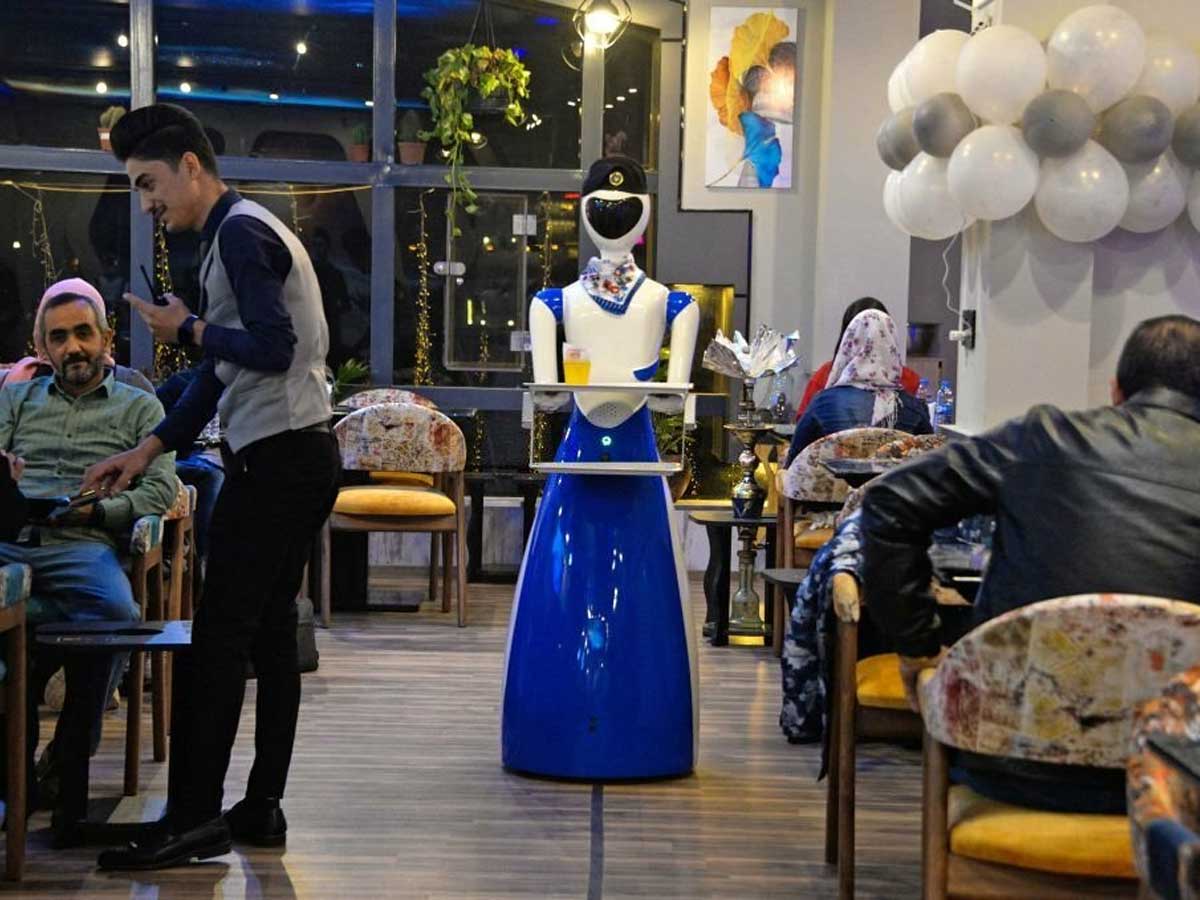
Next up, we have jobs that are often undervalued but form the backbone of society. Waiters, the folks who serve us food with a smile? Well, they might have a reason to frown. The potential for job automation is a whopping 73%. Robots taking our orders? That's the kind of science fiction we weren't ready for.
Not far behind, we have the folks who keep our shelves stocked, the shelf fillers. Their potential for job automation is 72%. Even the grocery store aisles aren't safe from automation's reach.
And let's remember the people who keep the good times rolling - bar staff. Their potential for job automation is 71%. Will our favorite bartender soon be a robot mixing drinks? It's a question worth raising.
On the brighter side, there are certain roles that are like fortresses against the automation tide. Take higher education teachers, for instance. Only 20% of their work is in danger of being automated. It turns out that imparting wisdom and knowledge is something other than AI can easily replicate.
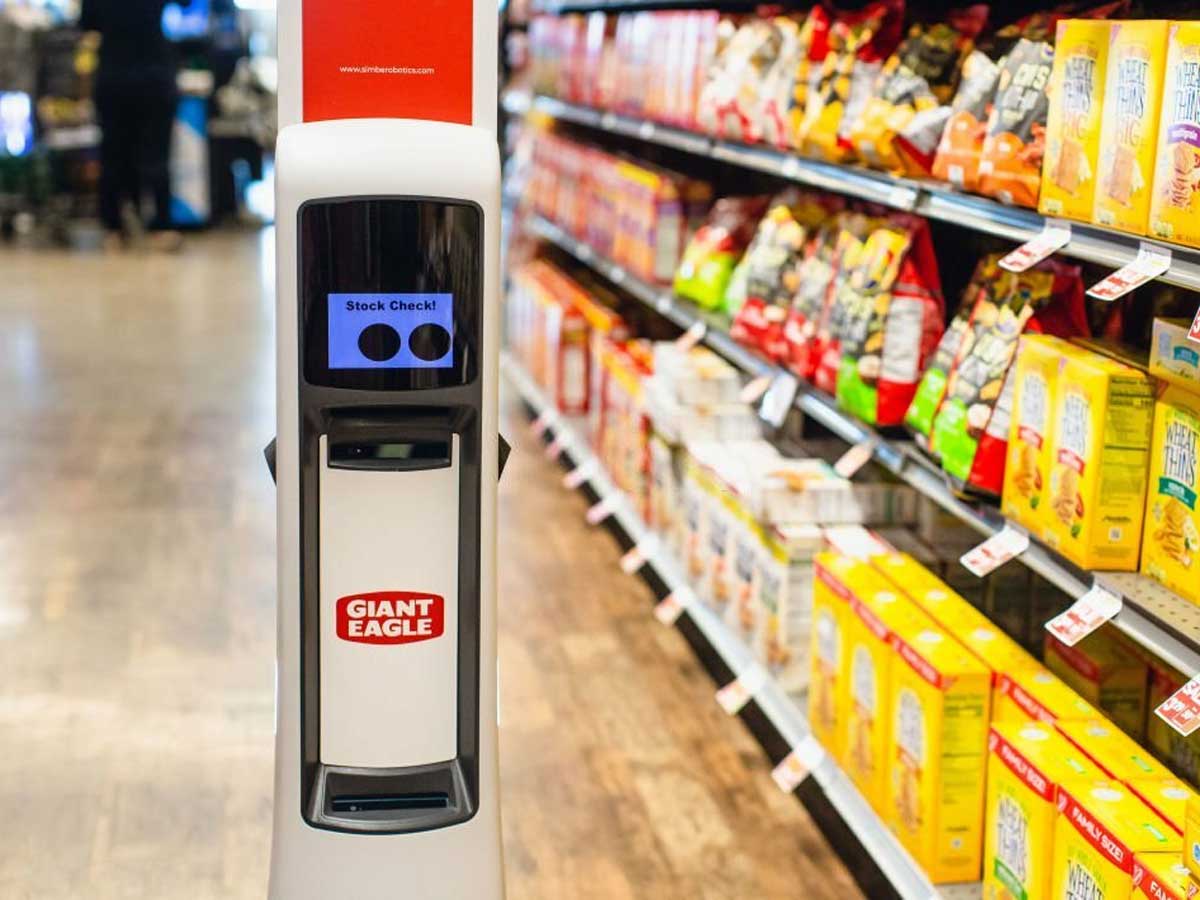
Similarly, medical practitioners, the heroes of our healthcare system, are breathing a sigh of relief. Their work has an automation potential of only 18%. There are some things only human hands and hearts can handle.
Here's a field that's set to boom - childcare workers. With an expected increase in demand by at least 100%, these caregivers are more essential than ever. AI might assist, but when it comes to taking care of the little ones, the human touch is irreplaceable.
So, amidst the gloomy forecasts, there's a glimmer of hope. AI is expected to create 2.3 million new jobs by the year 2020. It's like a balance-restoring act where technology gives as much as it takes.
In fact, when we look at the bigger picture, automation is poised to bring forth a whopping 133 million new jobs by 2022. This isn't just about job loss; it's about job creation on a grand scale.
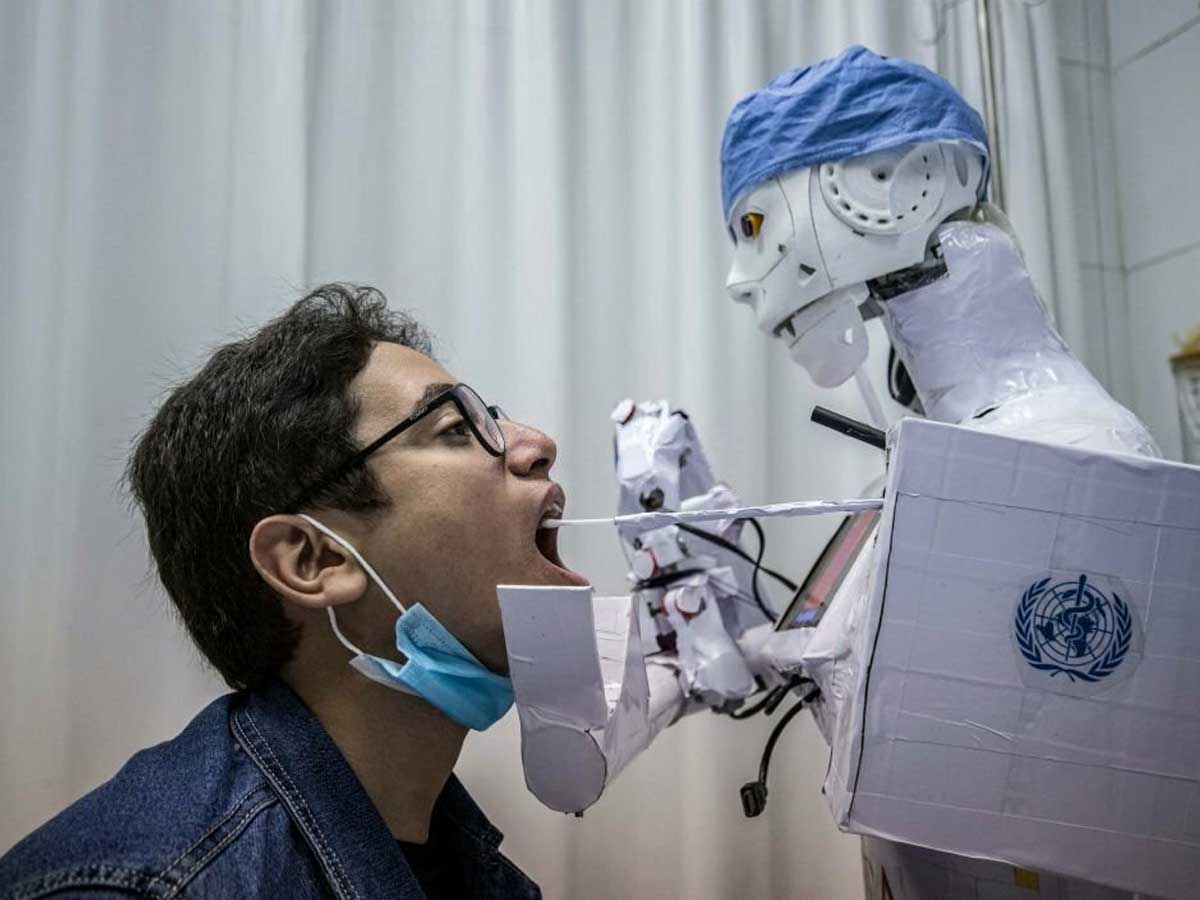
If we rewind the clock by 25 years, we'd find that a significant 33% of the positions that exist today didn't even exist back then.
But there's a catch. 54% of workers will need to roll up their sleeves and acquire new skills to keep pace with the ever-changing job market.
How Artificial Intelligence Impacts Industries
Industrial Robots have taken the factory floor by storm. With 2.2 million of these mechanical marvels already hard at work worldwide, they're busily replacing human labor, making manufacturing more efficient, but also causing 1.7 million jobs to vanish within the past two decades. These robots are tireless and precise, and they don't need rest breaks.
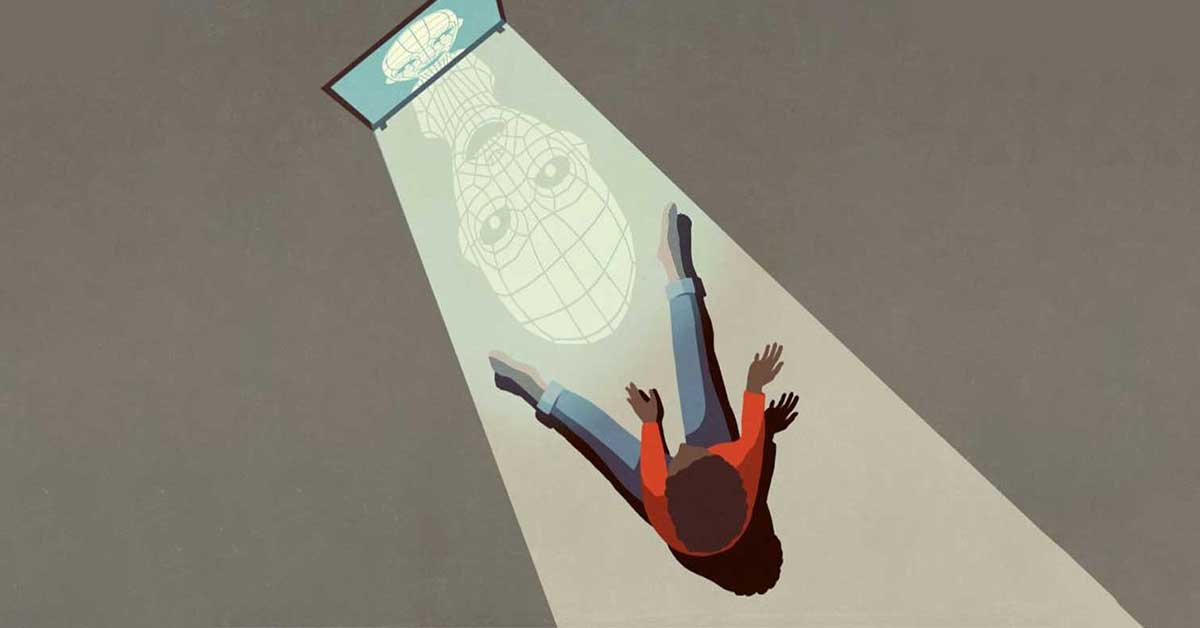
Currently, a staggering 25% of US jobs are at high risk of being automated. That's a quarter of the workforce that might need to adapt to the new age of automation.
Then, there's the curveball that none of us saw coming – the COVID pandemic. Between 2019 and 2022, it caused 8.6 occupational shifts in the labor market. The way we work and where we work was turned upside down.
The McKinsey Global Institute even published a report about these shifts during the pandemic. It's like having a playbook for navigating the unpredictable twists and turns in the world of work.
Now, when it comes to specific job positions, there's a lot happening. Certain trends are shaping the future of work in America. Data suggests that we might witness an additional 12 million occupational shifts in the next seven years. That's the job market evolving and adapting.
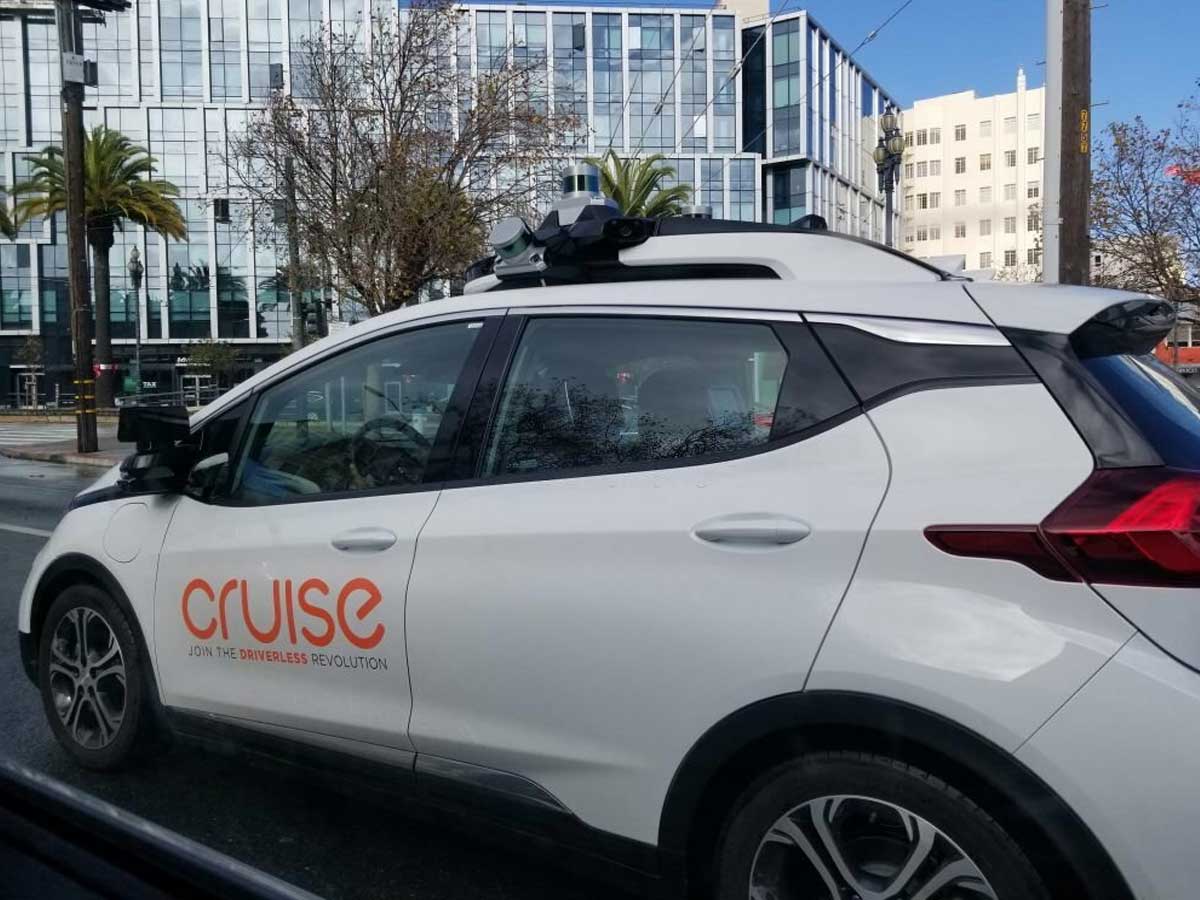
On the frontline of the AI-driven revolution, professions in health, STEM (science, technology, engineering, and mathematics), transportation, warehousing, business, and legal are projected to grow. These fields rely on unique human skills that AI can't easily replicate.
However, the automation wave hits hardest in areas like office support, customer service, sales, production work, and food services. It's like the eye of the storm for these roles.
Here's what Martha Yin, an investment banker in New York City, has to say about AI's impact on her industry. It's like a first-hand account of a rapidly changing professional landscape.
A broader survey reveals that many workers are ready to pivot their career paths, with 2.5 million changes in occupation recorded, particularly in food and customer services. These are common jobs people have left behind.

So, what's the secret weapon of AI? AI tools are capable of identifying data patterns, writing code, designing, and strategizing. They're not just tools; they're the architects of the digital future.
Startlingly, around 30% of the hours currently worked could be automated by 2030, based on data. It's like a glimpse into a not-so-distant future where automation is prevalent.
There's an interesting twist in this narrative. Workers earning less than $40,000 per year are up to 14 times more likely to change occupations. It's a stark contrast to those with higher incomes. Adaptability becomes a key skill in such a scenario.
The Pew Research Center has been keeping a close eye on US workers' exposure to AI and their attitudes. Some see it as a helpful tool, while others still need to figure out its impact. The jury is still out, but the clock is ticking.
This isn't a new discussion; it dates back to at least 2013. A University of Oxford study predicted that 47% of US jobs could be eliminated by AI over the next two decades. A prediction that's become more relevant with time.
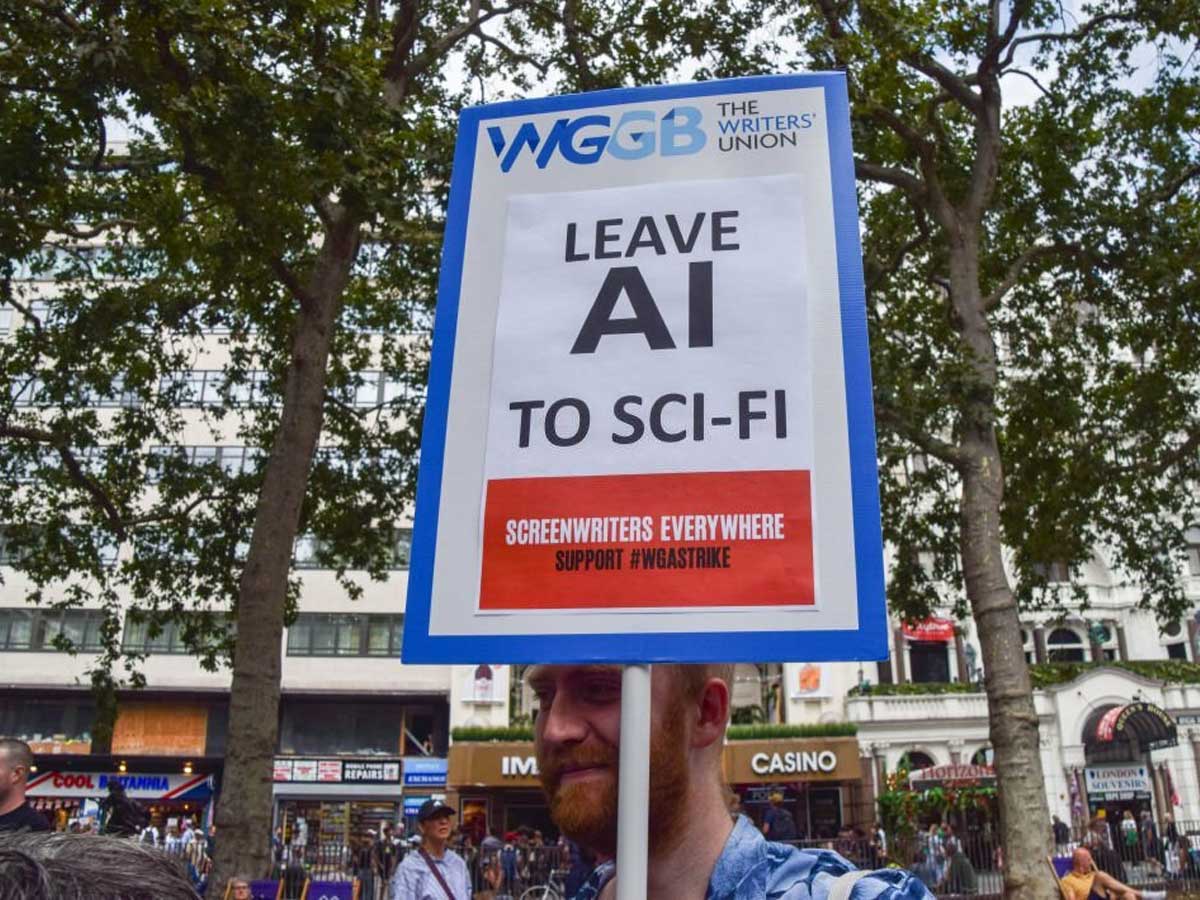
A Goldman Sachs study upped the ante, estimating that generative AI tools could impact 300 million full-time jobs worldwide. The scale of change is staggering.
Amidst these sweeping changes, Anu Madgavkar, a Partner at the McKinsey Global Institute, emphasizes the significance of human judgment in using AI. It's a reminder that while AI can handle tasks, the decision-making power still rests with humans.
This AI disruption isn't confined to a single industry; it's a transformative wave sweeping across various sectors and reshaping how people work.
AI Usage in Different Roles
In this age of AI, various professionals are leveraging the technology to enhance their work. Here's a sneak peek into how AI is being used in different roles:
Salespeople are tapping into AI to analyze sales calls efficiently. It's like having a sales coach that provides real-time insights into improving pitches and closing deals.
Bloggers and content creators employ AI to streamline the writing process. From generating content ideas to even writing drafts, AI is becoming an indispensable companion in the creative process.
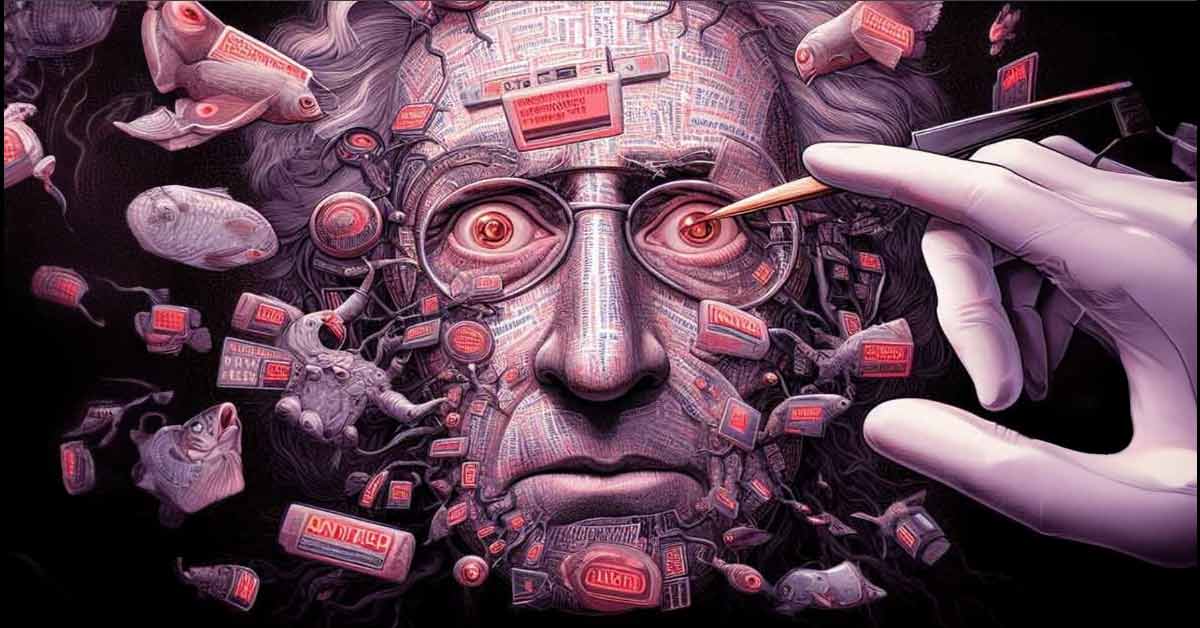
Customer support reps are utilizing AI for faster problem-solving. With AI's knowledge base at their fingertips, they can provide quicker and more accurate solutions to customer issues.
These roles are just a glimpse of how AI is collaborating with professionals across industries to enhance efficiency and productivity.
Jobs that are at risk with this Artificial Intelligence Boom
In the AI revolution, certain jobs find themselves in the crosshairs of automation. It's essential to understand which roles are most vulnerable and why.
- Telemarketers: If you've ever received an unsolicited call from a salesperson, you'll know the role of telemarketers. This job is at high risk of being replaced by AI. Automated calling systems and AI-driven chatbots are becoming more efficient and don't require a paycheck.
- Bookkeeping Clerks: The meticulous task of bookkeeping is under threat from automation. Software that can manage and process financial data with remarkable accuracy is rising, reducing the demand for traditional bookkeepers.
- Compensation and Benefits Managers: The responsibility of managing compensation and benefits is seeing increased automation. Many companies are adopting automated systems to handle these HR tasks more efficiently.
- Receptionists: Traditional receptionist roles are being challenged by automated phone systems and scheduling software. You've likely encountered AI-driven virtual receptionists when calling customer service lines.
- Couriers: The delivery industry is no exception to automation. Drones and robots are threatening courier jobs. These machines can navigate complex routes and make deliveries with speed and precision.
- Proofreaders: Even the critical role of proofreading isn't immune. Proofreading software and technology are readily available and can efficiently scan text for errors. They don't get tired or miss typos.
- Computer Support Specialists: The increasing reliance on bots and automation for technical support means that the role of computer support specialists is evolving. AI chatbots can provide quick solutions to common tech issues.
- Market Research Analysts: Data collection for market research is increasingly being automated. AI-driven surveys and analytics tools can efficiently gather and analyze data, reducing the need for human analysts.
- Advertising Salespeople: Advertising has shifted towards self-serve ad platforms and AI-powered ad creation. This means less demand for traditional ad salespeople.
- Retail Salespeople: The shopping experience itself is undergoing automation. Self-checkout kiosks, AI-driven recommendation systems, and even cashierless stores are reducing the need for human cashiers and retail staff.
These roles, once considered stable and indispensable, are now facing a transformation.
What Jobs Are Safe in This AI Boom?
In an increasingly automated world, there are certain roles where the irreplaceable "human touch" still shines brightly. These jobs rely on uniquely human skills that AI finds challenging to replicate. Let's dive into these roles where human expertise remains essential.
Human Resource Managers: The role of a human resource manager requires high levels of interpersonal skills and reasoning. It involves understanding complex human dynamics and guiding employees effectively.
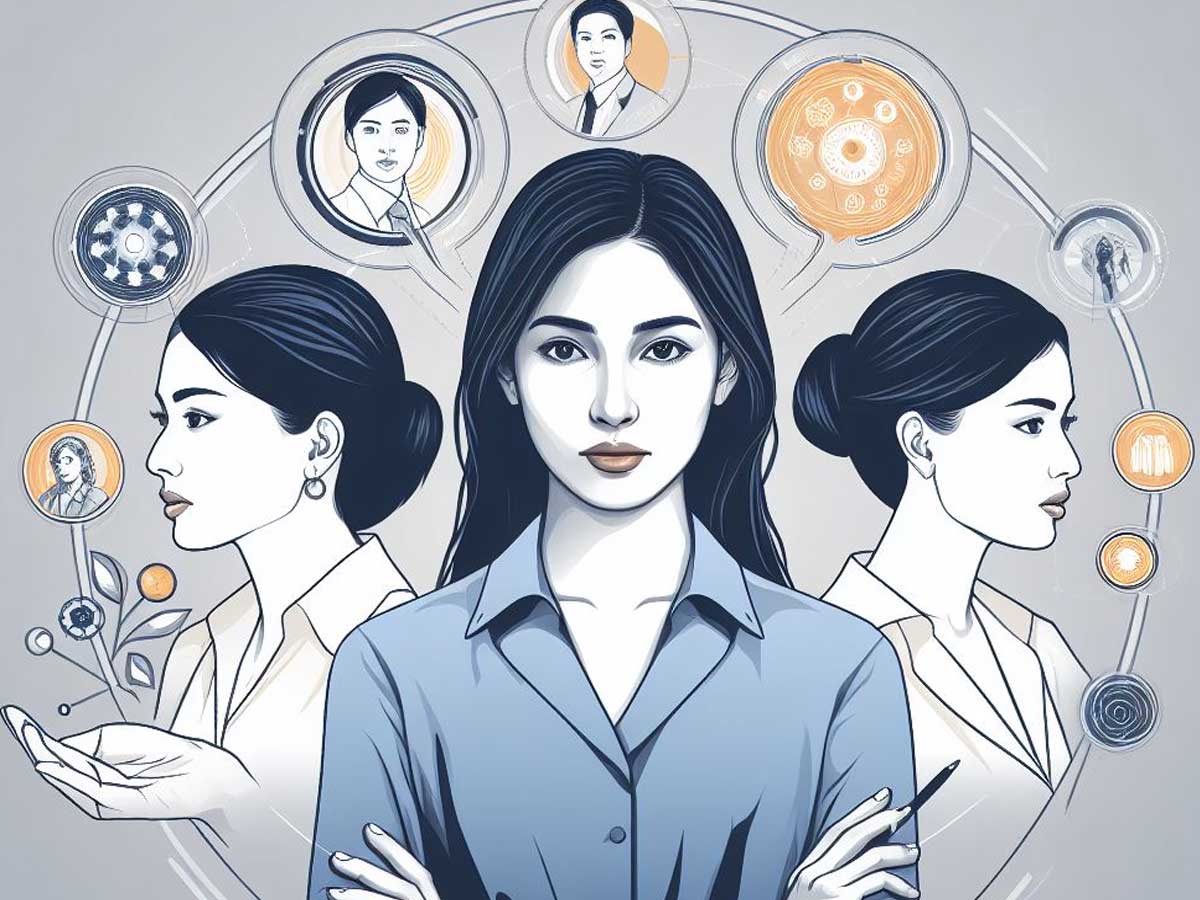
Sales Managers: Sales, a field that thrives on human connection, demands high emotional intelligence. It also involves intricate data analysis to identify customer needs and tailor solutions accordingly.
Marketing Managers: In the dynamic world of marketing, interpretation, adaptability, and responsiveness are essential. These roles involve understanding ever-changing consumer behavior and crafting strategies accordingly.
Public Relations Managers: PR managers rely on their networks and the nuanced human touch to raise awareness and maintain a positive public image. Building relationships and handling crises require a unique set of skills.
Chief Executives: The top executives of organizations, the CEOs, possess leadership skills that are deeply rooted in interpersonal relationships and strategic decision-making. These roles demand exceptional qualities that go beyond AI capabilities.

Event Planners: Coordinating and negotiating for events, from weddings to business conferences, is a skill that combines human intuition and organizational expertise. It's a domain where the human touch ensures the success of gatherings.
Writers: The art of ideation, creation, and originality is where human writers excel. While AI can generate text, it often lacks the depth and creative flair that human writers bring to the table.
Software Developers: The complex nature of software development, involving intricate problem-solving and coding skills, continues to rely on human expertise. Perfect execution and adapting to diverse project needs are the forte of human developers.
In the AI & AGI era, jobs that require emotional intelligence are safer from automation. AI struggles to understand nuances, emotions, and the deeper meaning behind human interactions. These jobs are not just about tasks but about connecting with people on a profound level.
Preparing for the AI Onslaught & Future-Proofing Your Career
How can you ensure that you're not left behind? Let's explore the concept of future-proofing your career and staying relevant in this AI-driven world.

Future-Proofing Your Career and re-skilling is essential to thrive in the era of AI. This means learning new skills or enhancing existing ones to adapt to the changing job market.
Remember that AI is here to stay, and it's evolving rapidly. What you know today may become outdated sooner than you think. The jobs of tomorrow might not even exist today. It's crucial to keep learning and growing to stay competitive.
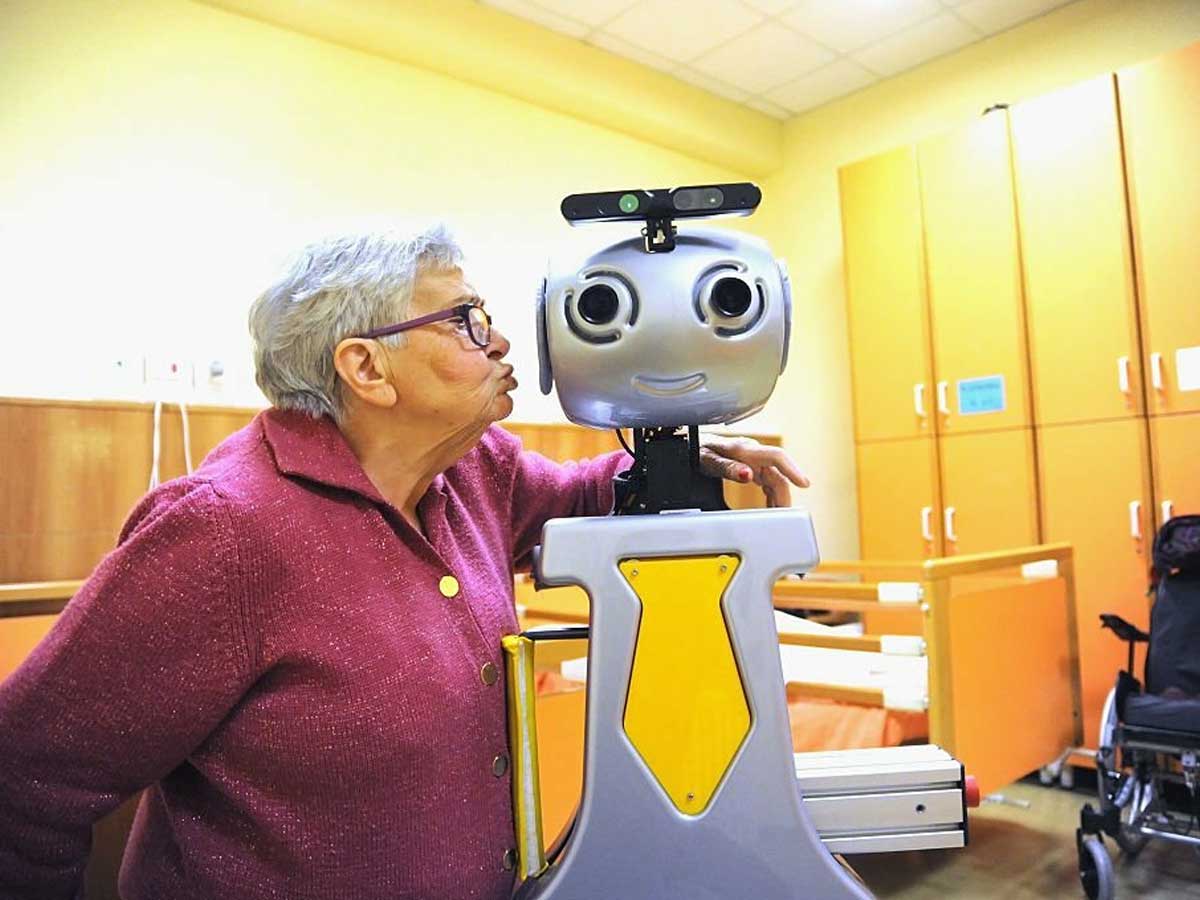
One way to ensure you're on the right track is by learning from experts in the field. Whether through online courses, workshops, or simply following thought leaders in AI and related industries, staying informed can be invaluable.
Awareness of the latest AI developments is crucial. AI constantly evolves, and staying informed can help you anticipate changes in your job or industry. It also allows you to identify new opportunities and adapt to them.
Joining online communities, following AI news, and attending conferences or webinars related to AI are excellent ways to stay informed. Networking with professionals in the field can also provide valuable insights.
